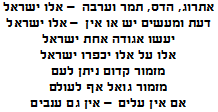|
p.20
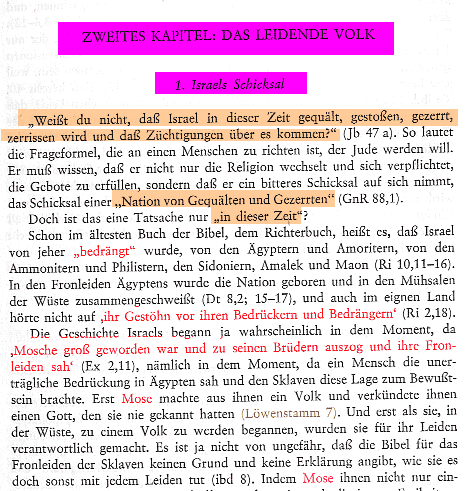
There
is more about Moses in the Hebrew Book |
July
25, 2013: today my "knowing" is even stronger,
that the story about Abraham, Yitzkhaq and Ya'aqov is a Midrash,
an interpretation of the two -more or less- historical events: the
exodus from Egypt and the giving of the Torah in Sinai. This means:
the slaves in Egypt had no idea, who that strange God was, in the
name of which Moses called them to freedom, and not to exterior
freedom only - for the slaves in the desert only wanted one thing,
to return to the safety and security of their meat-pots in Egypt,
where they had to do what they were told, and were not plagued with
the questions - 'how did we bring this slavery upon us', or - more
plaguing: 'why am I in this world, in this life, what am I to be
and to do' (the questions of Job and Qohelet) . They were forced
into the dire circumstances of the desert, so as to be squeezed
into a community, that - through all of history until now - forced
them to be pioneers of exemplifying the connection between what
I do or not do and what I experience -, and the connection between
one person and everyone else, called "guarantorship" in
this book. .
The uniqueness, yes the very history of Israel began with Moses,
when "he grew up and went out to his
brothers and was touched by their sufferings".
Of course, he had no idea, that by forcing slaves into freedom,
he would make them into an 'am segulah,
into a "unique nation", which would survive, and some
rare times even, thrive, throughout 3250 years, while so many other
"nations" crumbled, disintegrated and got swallowed up
by other nations, which in turn , too, would disintegrate and be
swallowed up.
Can there be any doubt concerning the purpose of Israel in evolution?
What is not clear to me today, is : while wars etc. disintegrated
other nations, it was the calamities that befell and befall Israel,
which integrated and integrate them. 
With a horrid sting in my heart, I tend to admit, that the young
State of Israel would not have survived without the enmity all around
it, as heartbreaking as the suffering of individual soldiers and
their parents were and are (the
booklet, the turn of which it was this morning to be grasped by
me from my shelf around my bed, was "Poems by Yitzchak Livneh",
a wondrous soldier who fell in 1948) whose
poem "Like a Joy that forgot its Cause- not in this booklet
but in Ruth Dayan's autobiography-I put into tune and keep singing!)
|
p.20b 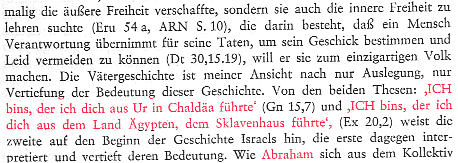
p.21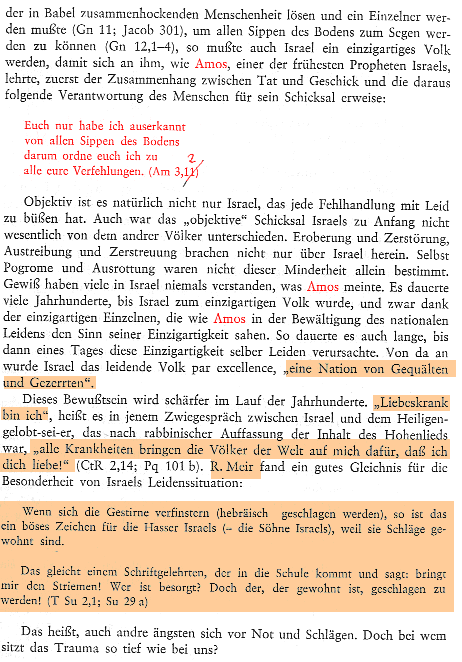
p.22
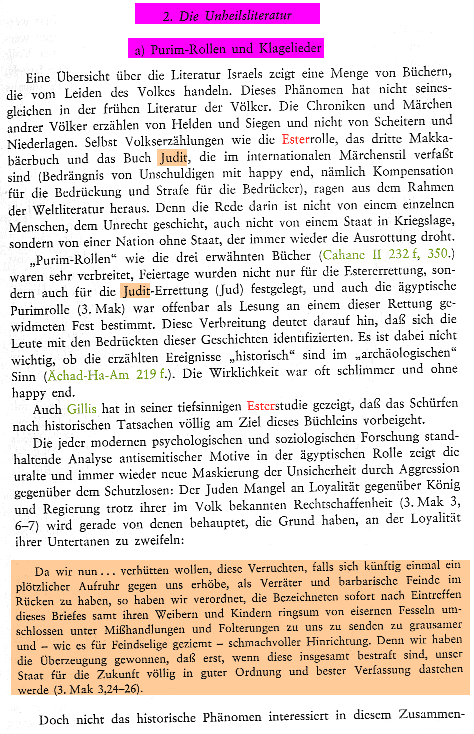
p.23
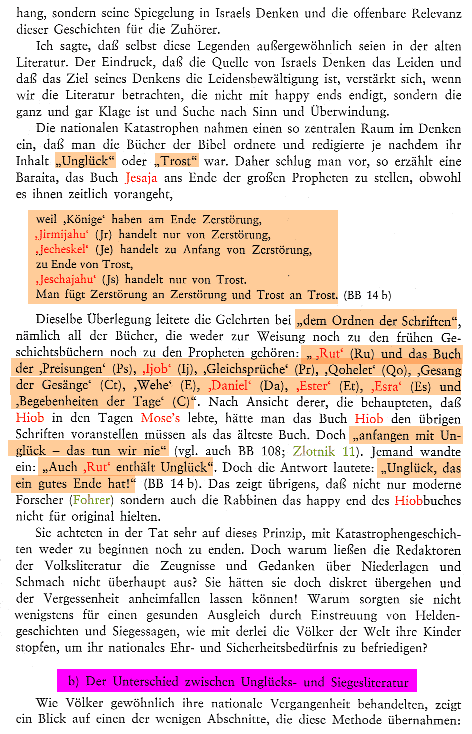
p.24 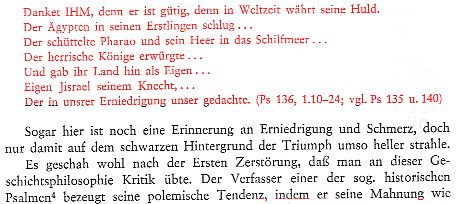
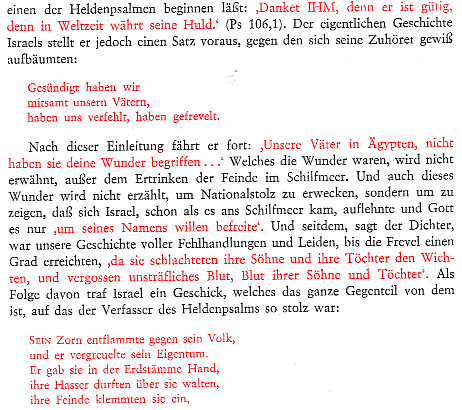
p.25
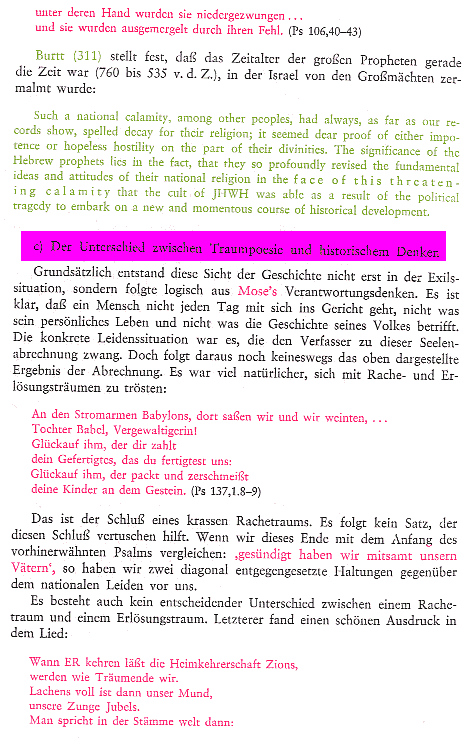
p.26
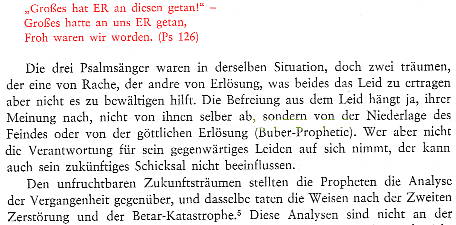
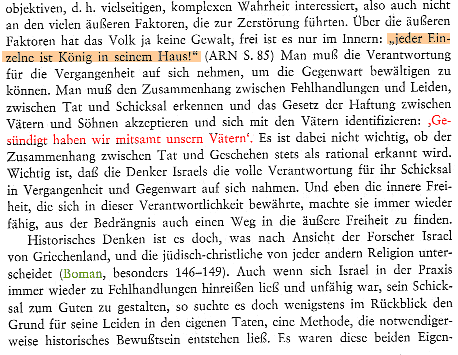
p.26 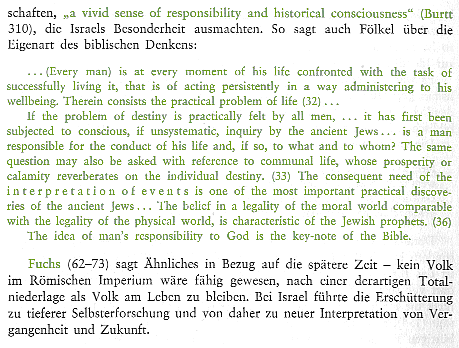 |
p.39
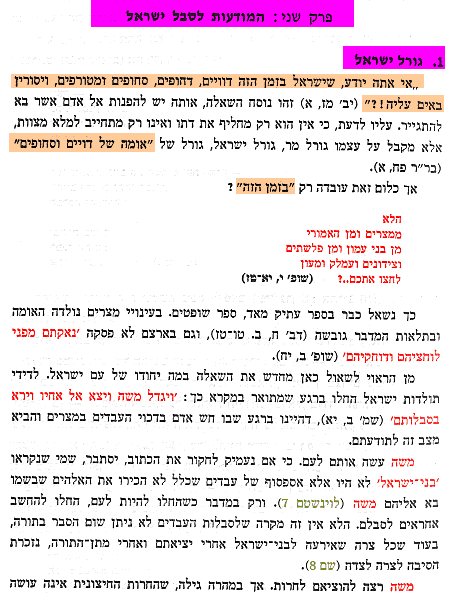
p.40
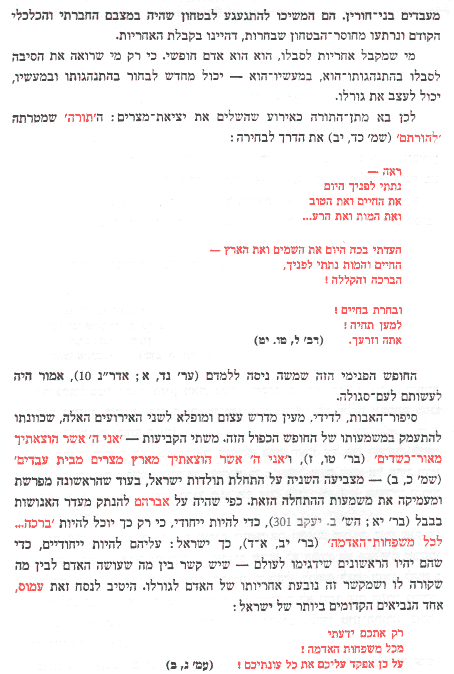
One phrase appears again and again throughout
this book:
the connection between what I do/not-do and what I experience/suffer!
This "doing/not-doing" must be looked at in a much
higher "resolution".
DENIAL and JUDGMENT
are underlying most of the "doing/not-doing"
which attracts the painful reflections in the exterior world.
|
p.41
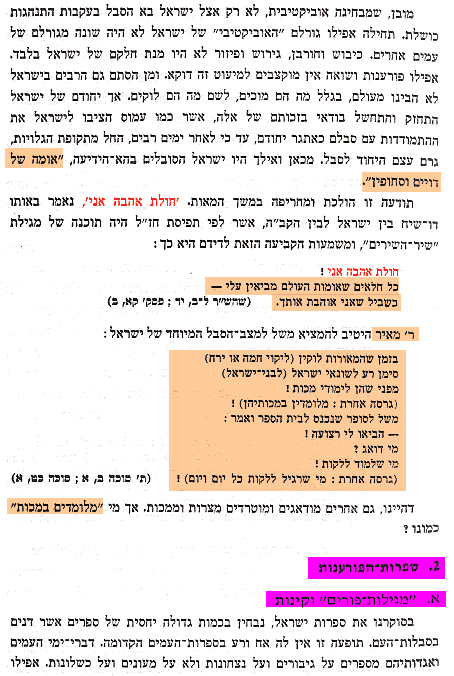
p.42
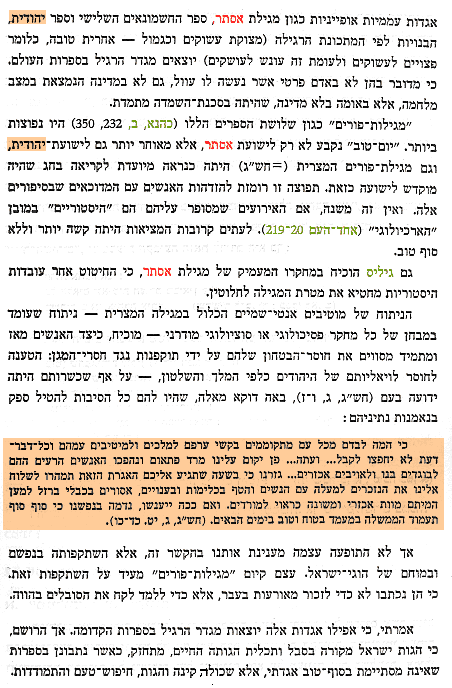
p.43

p.44
July 25, 2013
I'll give one - terrible - example of the fact,
that behind the horrid "slaughter
of their sons and daughters",
which Psalm 106 mentions as the culmination of Israel's wrongdoing,
is DENIAL and JUDGMENT.
The judgment or belief was at that time (and is in armies
till today )
that people could live only, if the firstborns would be sacrificed.
This belief caused them to deny the most instinctive feelings
of parents,
which is to do everything to keep their children alive!
|
p.45 p.46
p.46

July 25,
2013
Sometimes the connection between "the iniquities of
the fathers"
and the sufferings of the sons is obvious:
Why did I, little Christel Guth , have to grow up without
my father?
Why was the house, in which we had rented a flat, destroyed
and after the war we had to put up with 2 rooms in a foreign
flat?
Why was the economic situation in my childhood one of poverty?
And mainly: why was my poor mother almost insane,
making the lives of her children hell?
But such big dramas do not happen to all humans in all generations,
and still the biblical proverb, mentioned by both, Jeremiah
and Ezekiel,
is acted out in the life of every single human being - up
to this day:

|
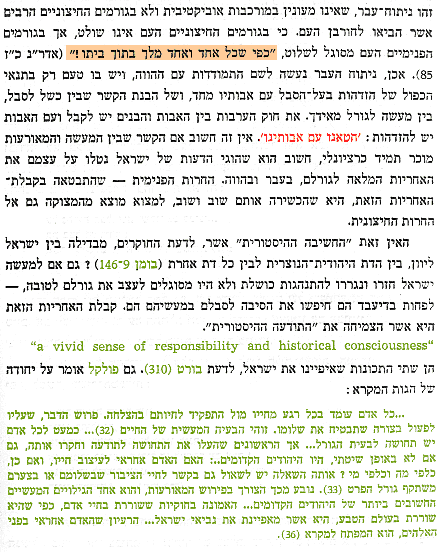 p.47 p.47
|
